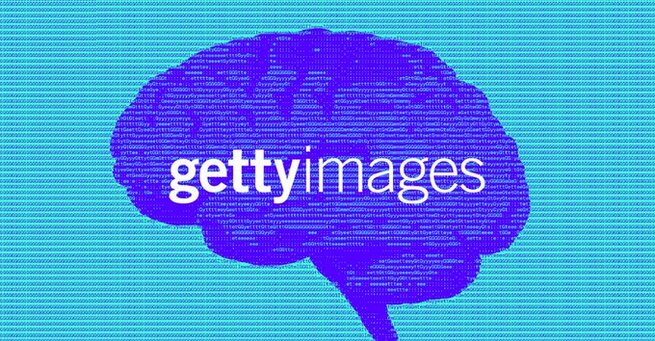Alerts

Stability AI’s legal win over Getty leaves copyright law in limbo after the UK High Court declined to decide whether training AI models on copyrighted images requires permission. The ruling, originally expected to set a major precedent, avoided the core copyright question when Getty dropped the claim mid-trial. As creators, developers, and businesses look for clarity on AI training rules, this legal twist only deepens uncertainty around fair use, model training, and the future of digital rights.
Stability AI, maker of the popular AI image model Stable Diffusion, was largely victorious after Getty Images’ case collapsed due to weak evidence. Getty had initially argued that Stability used copyrighted images without permission to train the AI model. But since the claim was dropped during trial, the court did not rule on whether such AI training actually breaks copyright law — leaving a major gap for policymakers, companies, and artists.
This win doesn’t provide a clear roadmap for other cases. Instead, it signals that future disputes will continue until governments establish firm rules around data training, creative rights, and AI transparency.
Despite global anticipation, Stability AI’s legal win over Getty leaves copyright law in limbo — and many questions unresolved. Without a ruling on whether AI model training requires licensing, both sides of the tech-versus-creators divide must navigate an uncertain landscape. AI companies still face potential legal risks, and creative industries remain unclear about how to protect their content.
For now, developers may see this as encouragement to continue training models under existing frameworks, while artists and publishers continue lobbying for clearer protections.
The decision marks the UK’s first major AI copyright lawsuit but offers little clarity. As AI grows in creative industries, governments may soon push for updated copyright legislation, transparency standards, and potential licensing frameworks. Creators are calling for better compensation, while AI firms advocate for open training access to keep innovation competitive.
Until clear legal standards emerge, both sides must watch for legislative and courtroom developments — particularly in the U.S. and EU, where similar challenges are underway.
𝗦𝗲𝗺𝗮𝘀𝗼𝗰𝗶𝗮𝗹 𝗶𝘀 𝘄𝗵𝗲𝗿𝗲 𝗿𝗲𝗮𝗹 𝗽𝗲𝗼𝗽𝗹𝗲 𝗰𝗼𝗻𝗻𝗲𝗰𝘁, 𝗴𝗿𝗼𝘄, 𝗮𝗻𝗱 𝗯𝗲𝗹𝗼𝗻𝗴. We’re more than just a social platform — from jobs and blogs to events and daily chats, we bring people and ideas together in one simple, meaningful space.
